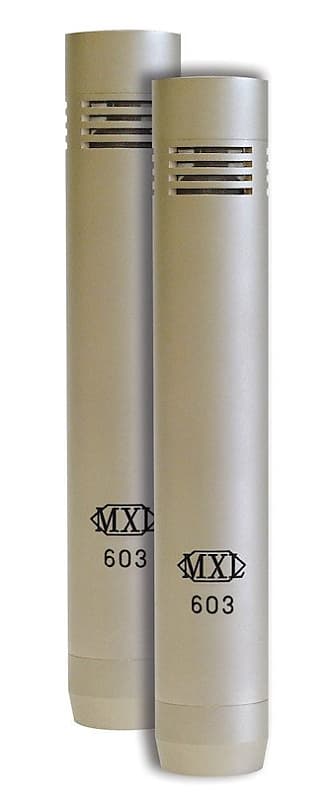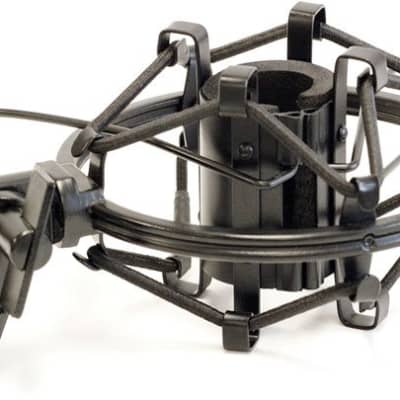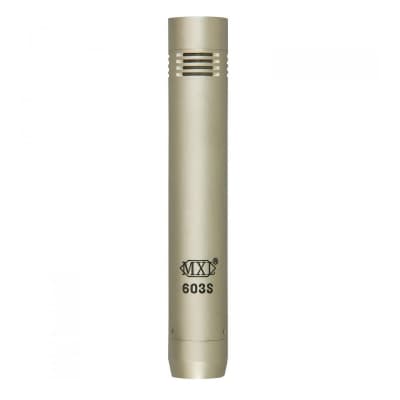Overview
Designed with professional and working musicians in mind, the MXL 603 PAIR Instrument Microphones deliver the natural acoustic properties you need for overhead drums, piano, string instruments, and more. Sharing characteristics of European and Japanese imports at a fraction of the price, a transformerless design provides a solid bottom and an extremely open top end sound. The MXL 603 PAIR can even handle guitar amp recordings!
- Instrument microphone with a crisp, bright sound
- Transformerless design for a solid low end and an open top
- Ideal for drum overheads, acoustic guitars, pianos and strings
- Fast transient response for extra accuracy
- Small-diaphragm capsule that captures extra detail
Specs:
Type:
Pressure gradient condenser microphone
Diaphragm:
6 micron gold-sputtered
Capsule Size:
22mm/.87 in.
Frequency Response:
30Hz - 20kHz
Polar pattern:
Cardioid
Sensitivity:
10mV/Pa
Output Impedance:
200 ohms
Equivalent noise:
18 dB (A-weighted IEC 268-4)
S/N Ratio:
80 dB (Ref. 1 Pa A-weighted)
Max SPL for .5% THD:
134 dB
Power Requirements:
48V phantom power (+/-4V)
Size:
22mm x 133mm/5.24 in. x .87 in.
Weight:
0.3 lbs/136.08g (individual mic weight)
Metal Finish:
Silver
Thank you for shopping with us!
Sweetheart Deals




